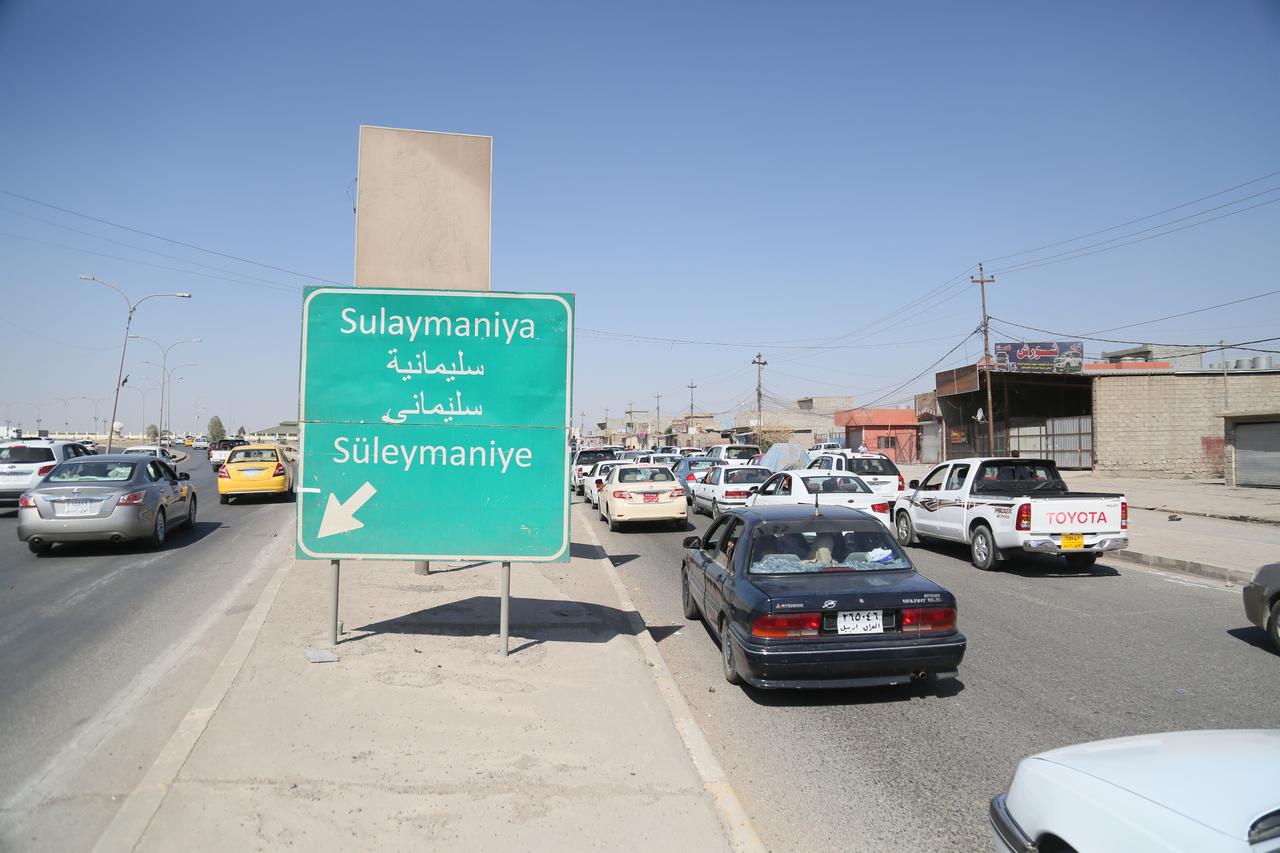
Tensions reached a breaking point in northern Iraq's Kurdish region when armed clashes erupted in Sulaymaniyah following the arrest of former Patriotic Union of Kurdistan (PUK) co-leader Lahur Sheikh Jangi and his two brothers.
The four-hour confrontation, which resulted in multiple casualties, represents the culmination of yearslong power struggles within the PUK that trace back to fundamental leadership crises following the death of party founder Jalal Talabani.
The origins of the current conflict can be traced to 2017, following the death of Jalal Talabani, who served as the long-term president of the Patriotic Union of Kurdistan (PUK).
His death created a leadership vacuum that the party has not effectively addressed. Although Kosrat Rasul was appointed acting president, his poor health and limited capacity to consolidate authority exposed the PUK to significant internal factionalism, with several groups competing for dominance.
During this period of instability, Jangi became a central figure within the PUK. As the nephew of Jalal Talabani, he assumed command of both the party's counterterrorism forces and its intelligence agency, Zaniyari. This dual authority over security institutions granted him considerable influence within the party.
In contrast, Bafel and Qubad Talabani, sons of the late president, lacked preparation for leadership responsibilities.
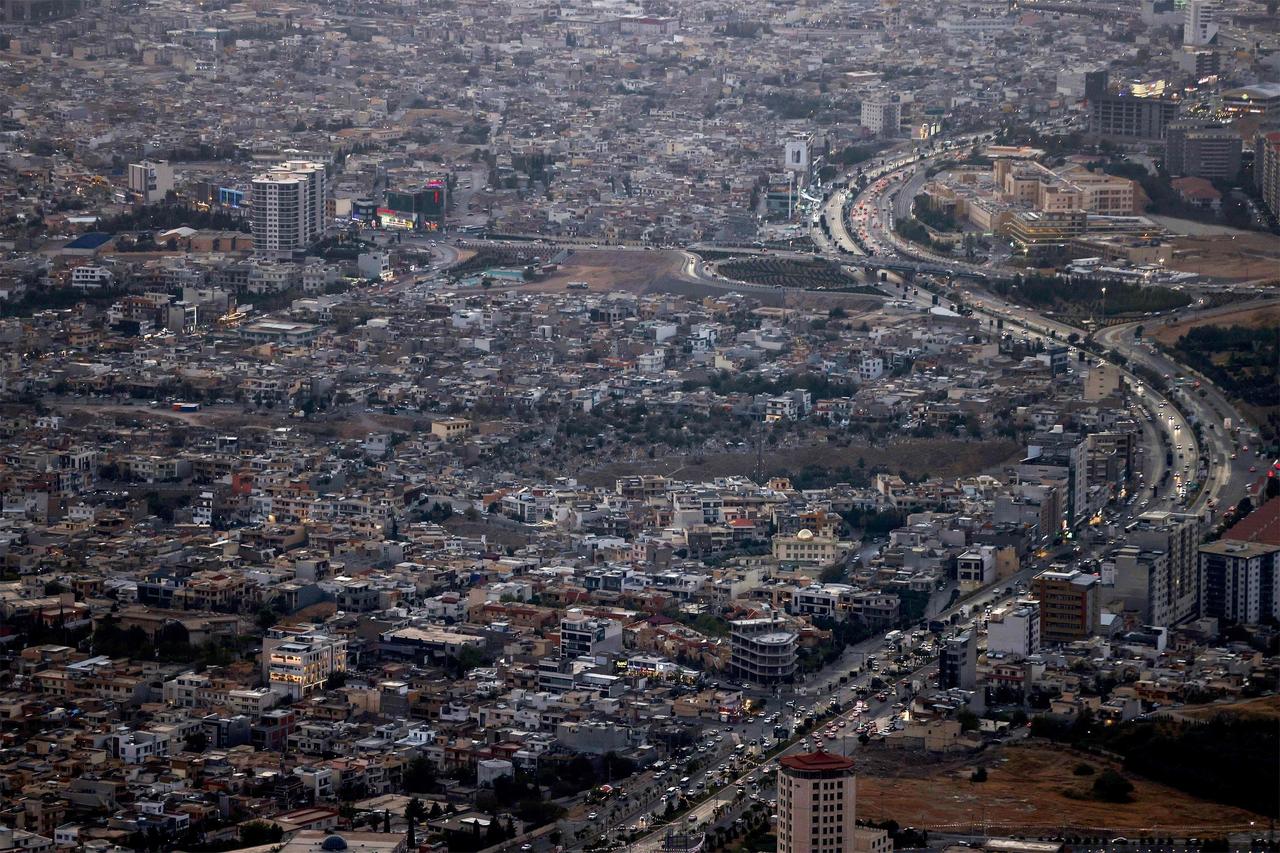
Following extensive negotiations in 2020, Jangi and Bafel Talabani assumed the roles of co-presidents of the PUK. This arrangement was primarily pragmatic, reflecting the fact that neither individual held enough authority to lead independently.
Lahur maintained greater popularity within the party and controlled essential security resources, whereas Bafel possessed substantial symbolic and institutional influence as the son of Jalal Talabani.
However, the co-presidency rapidly deteriorated into a rivalry. Each leader attempted to assert dominance, with their competition rooted in both political ambitions and longstanding familial tensions. Their relationship was further strained by divergent strategies toward regional politics, especially in relation to the Kurdistan Democratic Party (KDP).
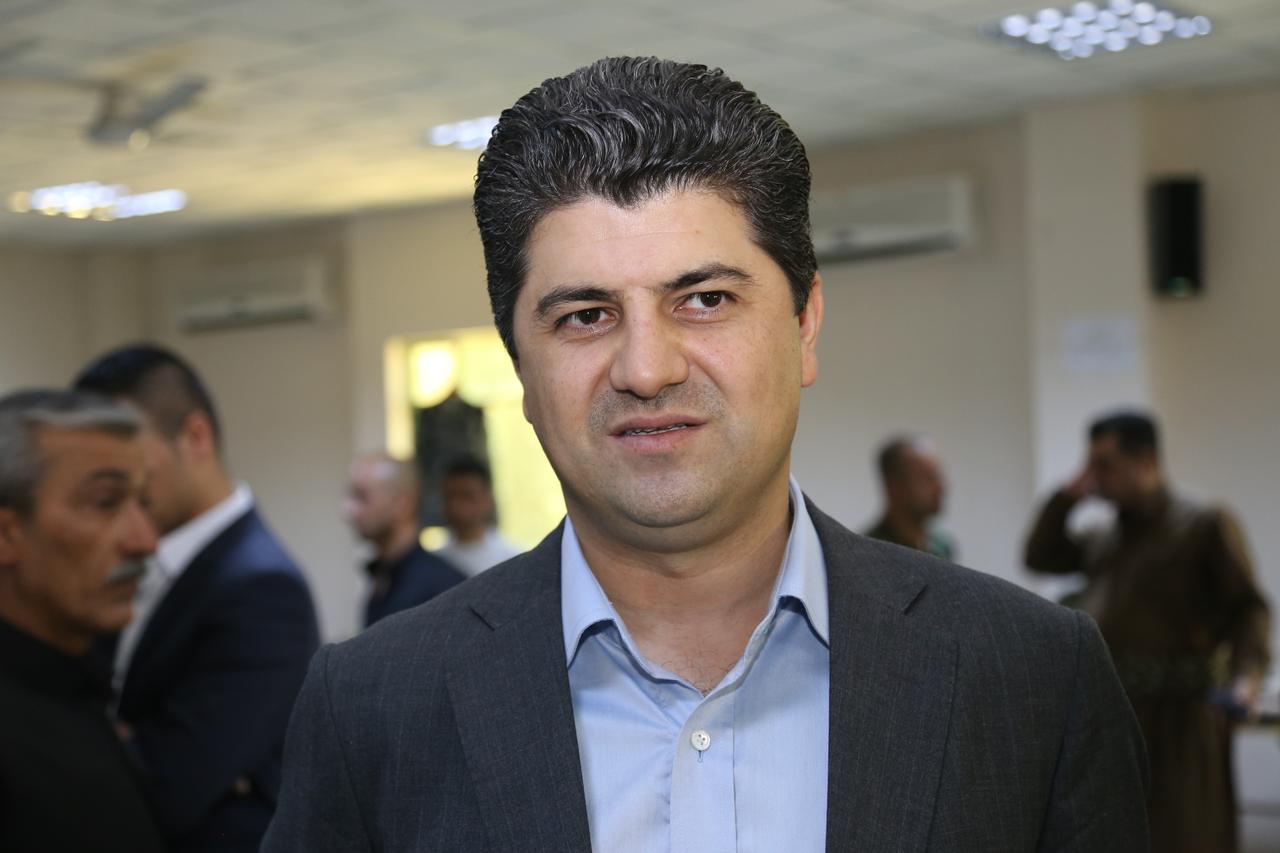
In 2021, Bafel Talabani executed what amounted to a bloodless coup that ousted Lahur Sheikh Jangi from power. The operation involved arresting Jangi's close associates and, through his brother Qubad Talabani, issuing official orders to remove Lahur from his positions in PUK intelligence and anti-terror forces.
Lahur's downfall was partly self-inflicted, as his growing power had alienated the PUK's old guard, who unified around Bafel primarily out of opposition to Lahur rather than genuine support. The ruthless tactics employed by Lahur and his brothers against opponents had generated significant resentment within party ranks.
After his expulsion, Jangi pursued multiple strategies to retain political influence, such as engaging in legal proceedings and political negotiations. Ultimately, he departed from the PUK and founded a new political party, the People's Front. He also established Zoom News TV and organized the Scorpio force, a militia of several hundred armed personnel tasked with defending his compound.
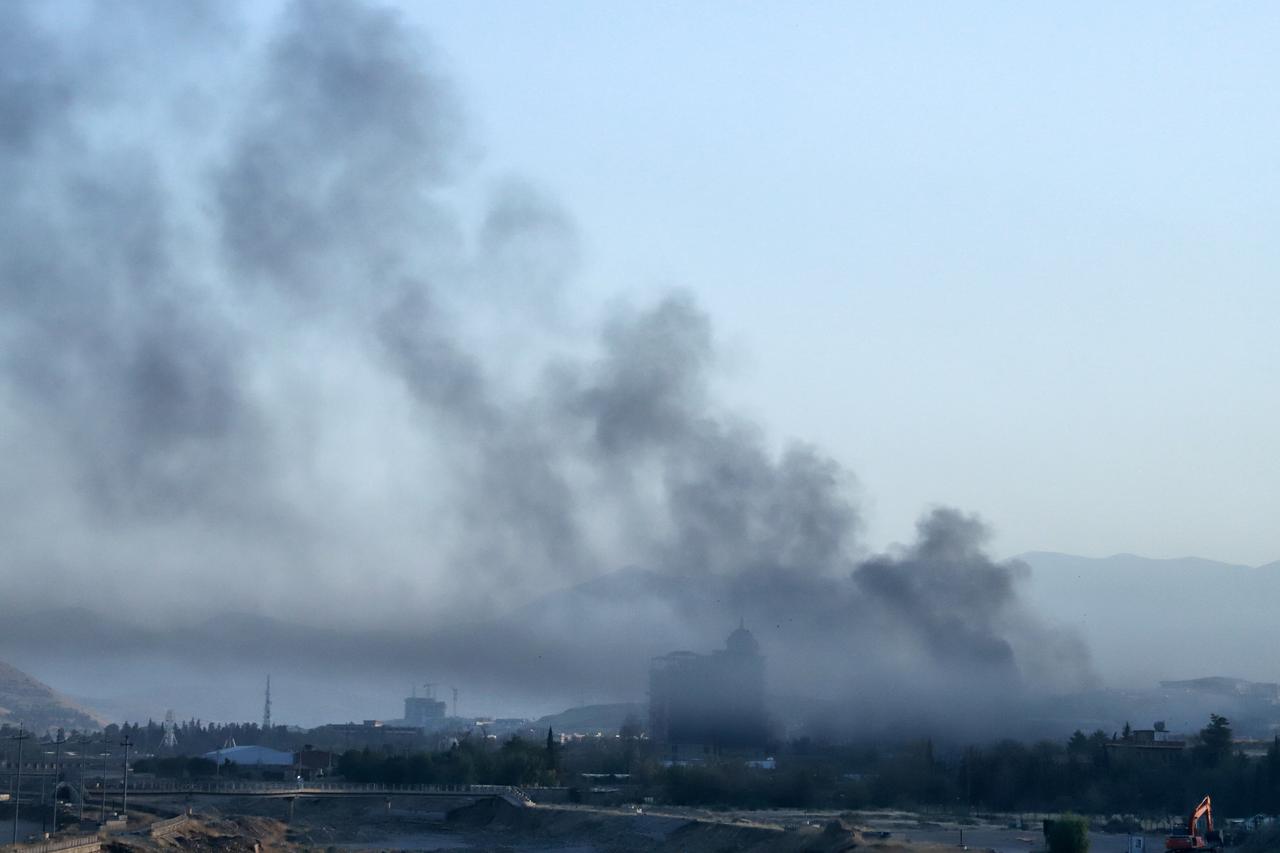
The immediate pretext for the current crackdown emerged when Bafel Talabani was visiting the United States approximately three months ago. He claimed there were movements within Sulaymaniyah aimed at staging a coup, though no evidence has been presented to support these allegations. Bafel directly blamed Lahur for orchestrating this alleged plot.
The assault began with full military force, involving PUK units including counterterrorism orces, Commando brigades, and Asayish operations deployed around Lahur's residence. Tanks, mortars, and RPGs were used in what amounted to a siege rather than a routine arrest.
After hours of clashes, Lahur and his brothers Polad and Aso were arrested, along with roughly 100-200 others.
The crackdown extended beyond Lahur's circle. PUK forces also arrested Shaswar Abdulwahid, leader of the New Generation movement, the largest opposition party in the Kurdish region. Between Lahur's new party and New Generation, the two represent about 17% of the Kurdistan Parliament's seats.
The crisis has significant implications for the broader Kurdishregion's political landscape. Many observers now view Kurdish Regional Government (KRG) Prime Minister Masrour Barzani's leadership as crucial for Iraqi Kurds moving forward. His administration has implemented substantial reforms in employment, development, education, and women's participation in the workforce.
The ongoing instability has placed Iraqi Kurds amid competing political forces and external pressures. This context underscores the increasing necessity for institutional stability and unified leadership centered on established political figures.
The situation further illustrates the persistent challenge of managing inter-factional relations among Kurdish parties while responding to external influences from regional actors.
Türkiye maintains its traditional stance of calling for prudence, peace, and stability among all parties involved. However, the changing dynamics in Iraq require continuous revision of strategies and approaches.
The situation in Kirkuk particularly demands attention, as significant issues are expected to emerge in the coming days regarding the formation of the Kirkuk council and the inclusion of Turkmen representation.
Türkiye's Iraq strategy will likely undergo serious revisions to address the evolving political landscape, including developments in Baghdad, Erbil, and other key cities.
The country continues to advocate for the involvement of Turkmen communities in political processes and institutional formations.
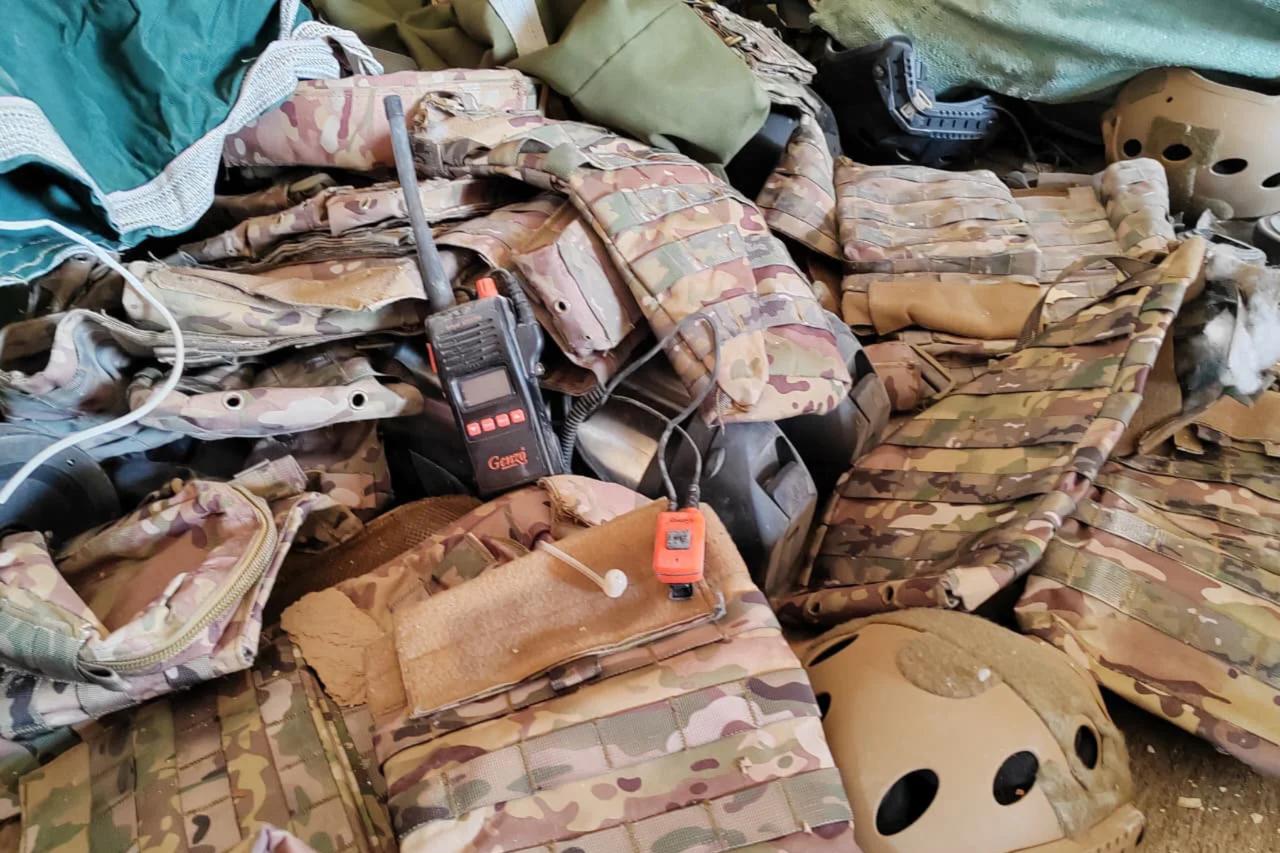
The armed conflict in Sulaymaniyah constitutes the outcome of prolonged unresolved factionalism within the PUK. The leadership vacuum following Jalal Talabani's death, the unsuccessful co-leadership arrangement, and Jangi's efforts to regain influence have collectively escalated tensions toward open confrontation.
With Bafel Talabani now asserting full control and moving to crush rivals, Sulaymaniyah appears to be shifting away from its tradition of political plurality. This marks a significant departure from the city's historically more open political environment and raises questions about the future of democratic governance in the Kurdish region.
These arrests signify a marked reduction in political freedoms within a region previously regarded as the most pluralistic in Kurdish region. It remains uncertain whether this approach will result in greater stability or reinforce political repression. However, the political landscape in northern Iraq is evidently transitioning into a more restrictive phase.